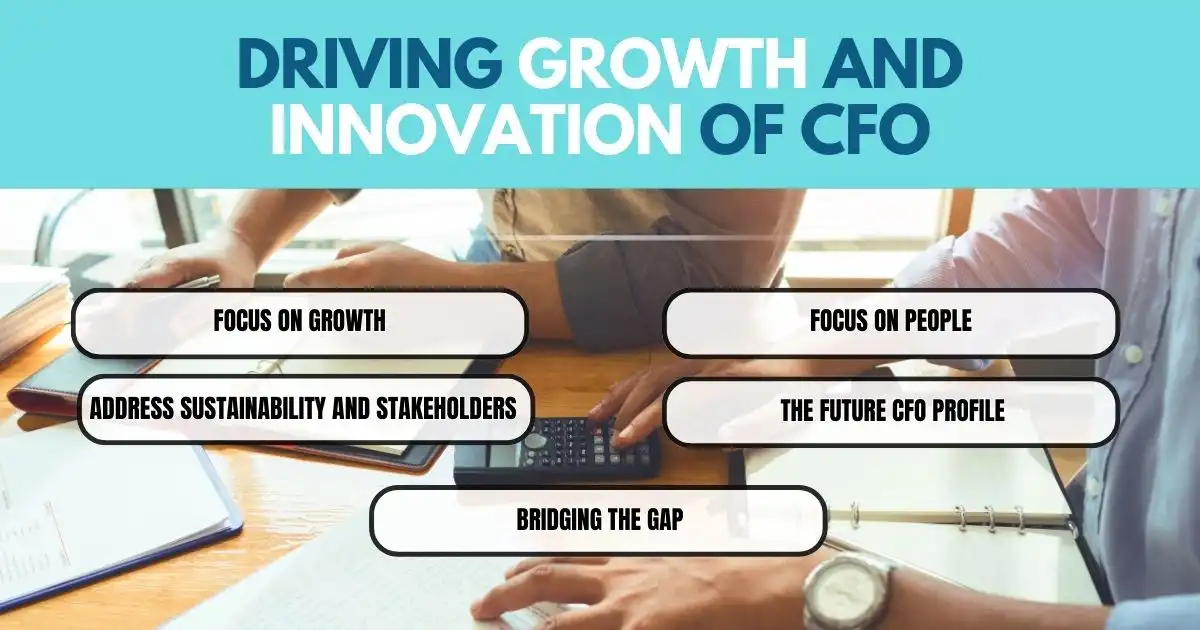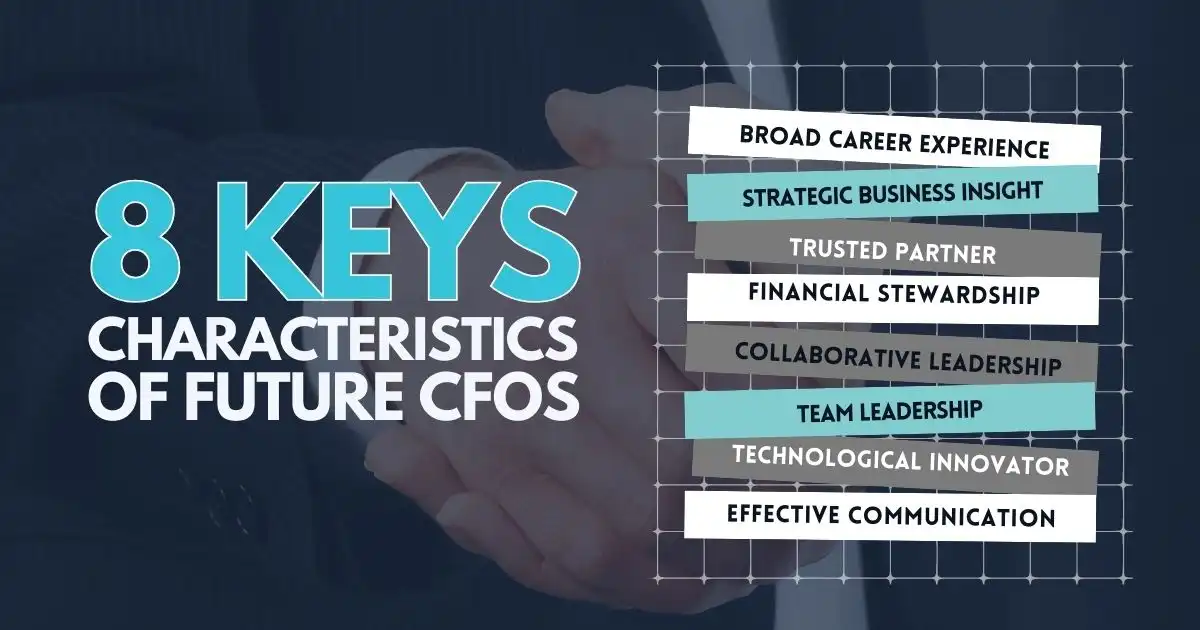The job of a CFO (Chief Financial Officer) has changed significantly over the years. It is no longer just about finance and accounting.
Today, CFOs work closely with the CEO on important projects and face many outside challenges. These challenges include changes in global trade, new rules, different business models, and growing concerns from investors about sustainability and ESG (environmental, social, and governance) issues.
The COVID-19 pandemic has made these changes happen faster in the finance department. As technology keeps improving, companies must hire people with different skills.
By the end of this decade, the finance department will look very different. Future CFOs must lead a modern finance team, understand things beyond finance, and build strong partnerships with the CEO.
What Is a Chief Financial Officer (CFO)?
A chief financial officer (CFO) is a top boss in a company who takes care of its money matters. The CFO keeps an eye on how cash flows in and out, plans for the future, and looks at what the company does well and where it can improve.
This job is a bit like a treasurer or controller because the CFO manages the finance and accounting teams and makes sure that the company’s money reports are correct and finished on time.
Driving Growth and Innovation of CFO
The role of CFOs is changing, requiring them to go beyond managing finances to driving business growth and innovation. Here are the ways they are making an impact:

Focus on Growth
As companies move past the pandemic, CFOs need to change their focus from past numbers to future value. They should act more like Chief Operating Officers (COOs) by understanding daily operations and influencing the whole business.
For instance, Marie Joyce of NTR plc advocates for today’s CFOs to prioritize operations and value creation. She illustrates this by detailing how her team used technology and data analysis to identify new business opportunities.
By implementing a data-driven strategy, they successfully streamlined operations and drove significant revenue growth in a challenging market.
Address Sustainability and Stakeholders
Due to pressure from investors and customers, CFOs must pay attention to environmental, social, and governance (ESG) issues.
Glen Instone of Husqvarna says investments in sustainability may require short-term sacrifices for long-term gains. CFOs will need to prioritize ESG compliance, reporting, and investments.
Focus on People
Future CFOs should build diverse teams with data and AI experts to foster growth. Ryan Charlier of McCormick believes this will spark creativity. By integrating various professionals, McCormick develops data-driven strategies that enhance product development and operations.
CFOs must also prioritize customer focus in their financial decisions. Charlier asserts that financial choices should improve the brand and customer experience. This approach allows McCormick to drive profitability while strengthening consumer connections, ensuring long-term success.
The Future CFO Profile
In the next decade, CFOs will face many challenges and need energy and a willingness to learn. They must think strategically and balance the needs of investors, customers, and employees. Experience outside finance will be valuable, and CFOs will work closely with CEOs on transformation projects.
Kasper Fangel, group CFO of ISS, says finance plays a key role in driving change. CFOs must have a positive outlook and strong communication skills.
Bridging the Gap
Finding future CFOs who can take on these challenges is essential. Current CFOs should help develop the next generation by identifying talented individuals and creating growth opportunities. Experience in various business areas will help them gain a complete view of finance and prepare them for leadership roles.
8 Key Characteristics of Future CFOs
Future CFOs will need a broader skill set to drive business success. Here are key characteristics they’ll need to foster growth and innovation.

- Broad Career Experience – Future CFOs will bring diverse experiences across multiple business functions and divisions, with finance not always being their primary focus.
- Strategic Business Insight – They will have a well-rounded understanding of the business, offering strategic, commercial, and operational insights to drive value.
- Trusted Partner – CFOs will serve as close advisors and business partners to the CEO and board, playing a central role in business transformation.
- Financial Stewardship – They will continue to safeguard financial health, supporting growth through innovation while managing risk effectively.
- Collaborative Leadership – A collaborative approach will enable CFOs to partner with the C-suite and other leaders, leveraging opportunities across the business.
- Team Leadership – They will excel at building diverse teams, asking the right questions, and maximizing the value of talent to achieve business goals.
- Technological Innovator – CFOs will be early adopters of technology, using data-driven insights to shape decisions and influence business outcomes.
- Effective Communication – They will master communication and influencing skills, engaging credibly with stakeholders on topics like ESG and investor relations.
Ready for Change
The job of a CFO is changing a lot. They are no longer just in charge of money; they need to be thinkers, leaders, and team players. Future CFOs will use technology and data to solve problems and deal with challenges like sustainability and new business ideas.
They must think creatively and build diverse teams that can tackle issues from different sides. Good communication is key, as they need to share their ideas clearly with the CEO, team members, and investors.
As changes happen quickly, future CFOs must be trusted partners and strong leaders. By getting ready for what’s next, they can help their companies grow and succeed. The big question is, are you ready to take on this exciting challenge?
FAQs
What skills will the future CFO need to succeed?
The future CFO will need a mix of financial expertise and leadership skills. They must understand technology and data analysis, be able to work with different teams and focus on sustainability.
How is the role of the CFO of the future changing?
The CFO of the future is evolving from just managing finances to driving business growth. They will collaborate more with CEOs and lead teams to find new opportunities.
Where did future CFOs grow up?
While future CFOs come from various backgrounds and locations, many grow up in areas where education in finance, technology, and leadership is encouraged, shaping their skills for future success.
How will CFO technology impact financial management?
CFO technology will play a significant role in financial management by providing real-time data, improving decision-making, and enabling better collaboration across departments. This technology will help future CFOs navigate challenges effectively.
